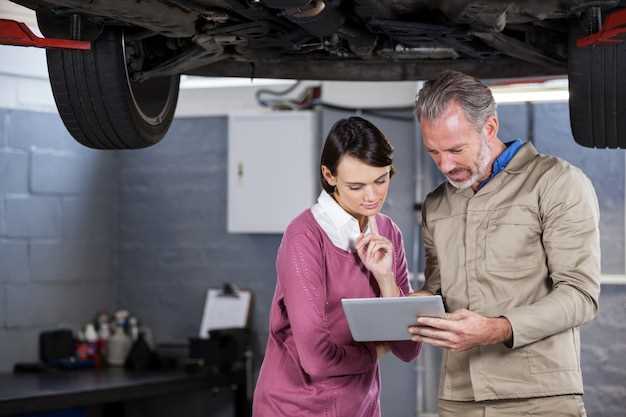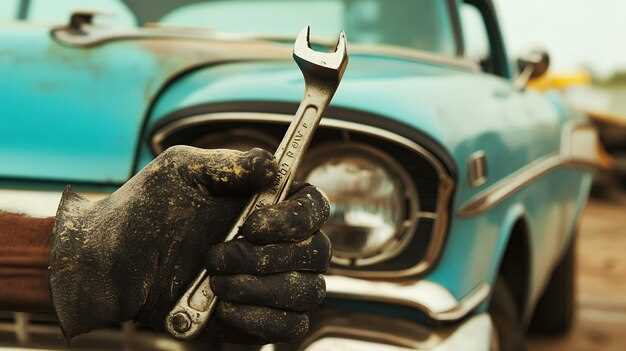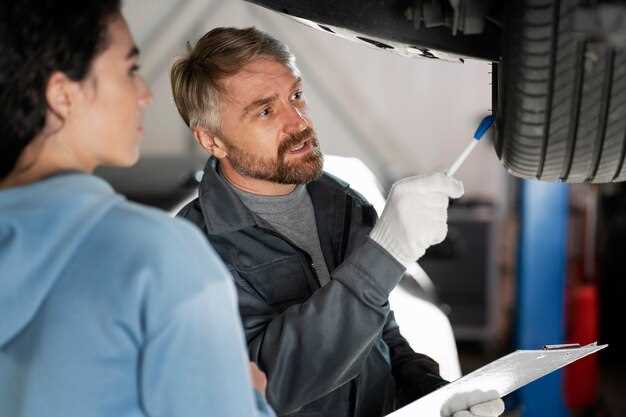
Classic cars hold a unique charm and allure for enthusiasts and collectors alike. The thrill of restoring a vintage vehicle often leads owners to consider a DIY approach to inspections. This method can offer a sense of satisfaction and a deeper connection to the classic car. However, understanding the benefits and drawbacks of conducting your own inspection is crucial for making an informed decision.
Performing a DIY inspection can help owners identify potential issues early on, saving both time and money in the long run. With the right tools and resources, many classic car aficionados are capable of examining mechanical and structural aspects themselves. This hands-on experience not only enhances one’s knowledge about the vehicle but also fosters a profound appreciation for its history and craftsmanship.
On the flip side, the lack of a professional inspection can lead to oversights that may compromise safety or integrity. An expert inspector can provide insights and expertise that an inexperienced owner might miss. Therefore, weighing the pros and cons of a DIY classic car inspection is essential in ensuring the vehicle remains in optimal condition while preserving its value for years to come.
Understanding the Cost Savings of DIY Inspections

Conducting DIY inspections on classic cars can lead to significant cost savings for enthusiasts. By performing inspections themselves, individuals can avoid high fees typically charged by professional mechanics. This self-reliance not only minimizes expenses but also empowers car owners to understand their vehicles better.
One of the primary financial benefits of DIY inspections is the elimination of labor costs associated with hiring professionals. Mechanics often charge hourly rates that can quickly accumulate, especially for thorough inspections. Self-inspecting allows owners to take their time, focusing on specific areas of concern without the pressure of a ticking clock. This flexibility can result in a more comprehensive evaluation of the vehicle’s condition.
Additionally, DIY inspections help car owners to identify potential issues early, which can prevent costly repairs down the line. By regularly checking components such as brakes, tires, and fluids, owners can address minor problems before they escalate into major expenses. This proactive approach not only saves money but also enhances the safety and reliability of the car.
Moreover, self-inspection fosters a deeper understanding of the classic car’s intricacies, making owners more confident in maintaining their vehicles. As they learn about different systems and mechanisms, they may find themselves capable of performing minor repairs, further reducing reliance on professional services. This knowledge can enhance the overall enjoyment of owning a classic car.
While there are undeniable advantages to DIY inspections, owners should also recognize the value of professional expertise when needed. Certain issues may require specialized tools or knowledge that the average DIYer might lack. Balancing self-inspection with professional assistance can lead to the best outcomes for both cost savings and vehicle maintenance.
Identifying Common Pitfalls in Self-Inspection

Conducting a self-inspection of a classic car can be a rewarding experience, but it also comes with its challenges. Understanding common pitfalls can prevent costly mistakes and help enthusiasts develop a more precise assessment of their vehicle.
Insufficient Knowledge: One major risk in self-inspection is lacking adequate knowledge of the car’s systems and components. A DIY enthusiast may overlook crucial details about the engine, electrical systems, or suspension if they do not possess a solid understanding of classic cars. This gap in knowledge can lead to misdiagnosis of problems that a professional would easily identify.
Inaccurate Assessments: Self-assessments may be swayed by emotional attachment. Owners might overlook the need for repairs or maintenance due to nostalgia. In contrast, a professional’s objective perspective can highlight necessary repairs that the owner might ignore.
Overlooking Tools: Many self-inspecting car owners may not have access to the specialized tools or diagnostic equipment that professionals use. Without the right tools, it becomes challenging to perform a thorough inspection of various components, leading to incomplete evaluations.
Neglecting Safety: Safety is paramount when inspecting a vehicle. DIY inspections often lack the rigorous safety protocols that professionals employ. Streamlining safety measures can be overlooked, increasing the risk of accidents while working under or around the car.
Time Constraints: Enthusiasts might underestimate the time required for a comprehensive self-inspection. Rushed evaluations can result in missed flaws and can lead to future complications. Professionals can usually perform inspections more efficiently due to their experience, reducing the likelihood of oversight.
By recognizing these common pitfalls in self-inspection, classic car enthusiasts can take steps to mitigate them, ensuring a more effective and insightful evaluation process while still enjoying the benefits of DIY car care.
When to Seek Professional Help for Classic Car Inspections
Despite the appeal of performing a self-inspection on your classic car, there are crucial moments when enlisting professional help is essential. Classic cars can have unique and intricate systems that may require specialized knowledge and tools. If you are unfamiliar with specific mechanical components, such as the engine, transmission, or suspension, it is wise to consult a professional. They can provide a comprehensive evaluation, ensuring that potential issues are identified accurately.
Additionally, if you notice any unexpected symptoms during your self-inspection–such as unusual noises, fluid leaks, or warning lights–it’s advisable to seek professional assistance. These signs may indicate serious underlying problems that need expert attention. Professionals can offer deeper insights based on their experience with classic vehicles, helping to ensure the car’s integrity and longevity.
Furthermore, if you plan to purchase a classic car, hiring a professional inspector is critical. An expert can assess the vehicle’s condition, verify its authenticity, and determine if the asking price aligns with its true value. This precaution can protect you from future headaches and financial losses resulting from poorly maintained or misrepresented vehicles.
Lastly, always consider professional help for safety-related inspections. Brake systems, steering components, and structural integrity are vital for safe operation. If you’re unsure about the condition of these elements, professional analysis is crucial to ensure a safe driving experience.




